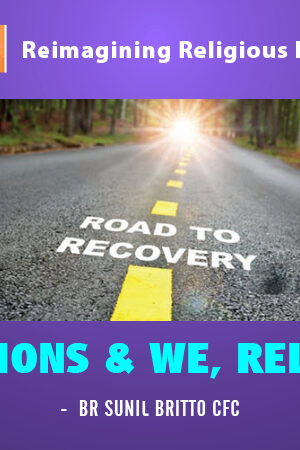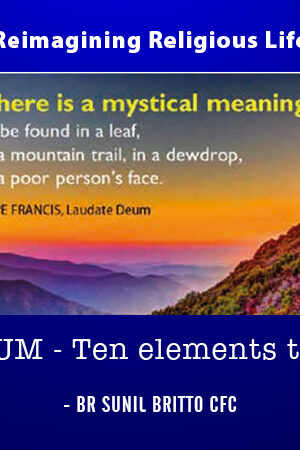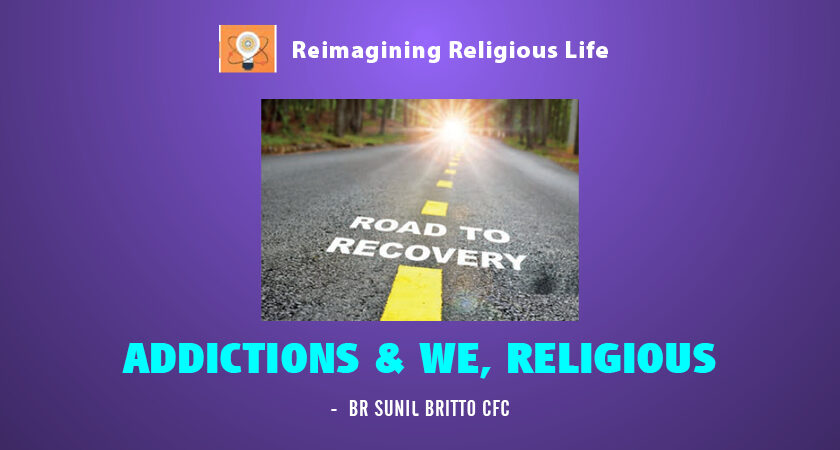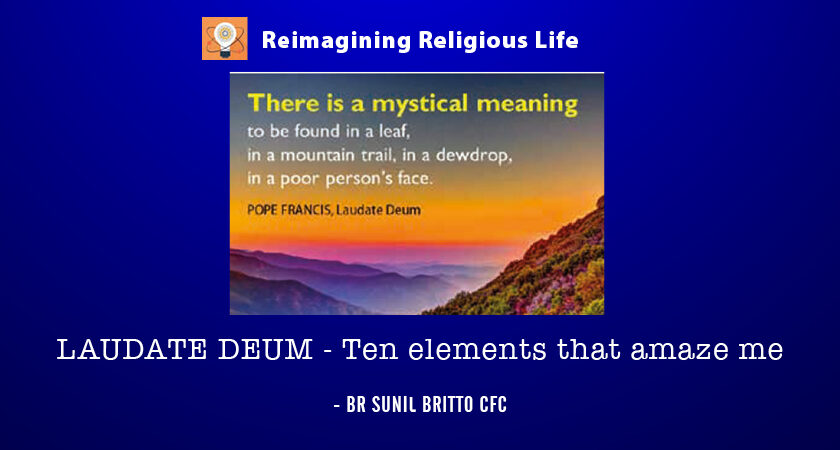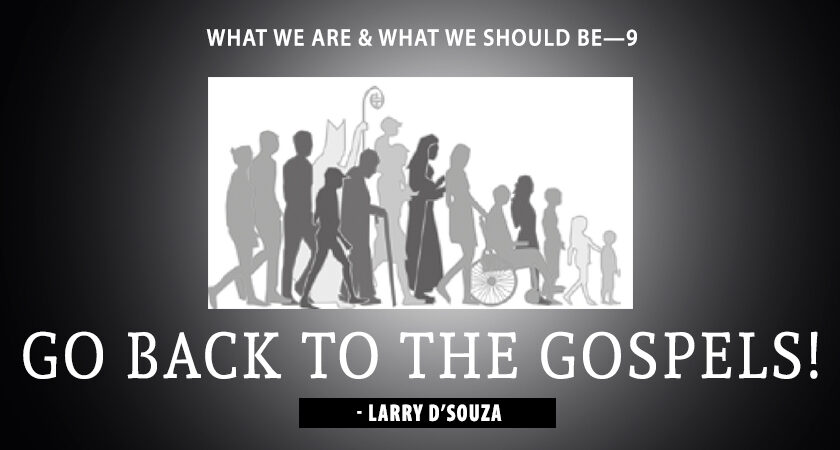This article based on a recent presentation given to Jesuit Counsellors and Psychologists Forum, explores the multifaceted aspects of addictions, shedding light on the profound spiritual sickness that lies beneath the addictive cycle.
1. Addictions around and within
Today, it is uncommon to find an individual or family whose life has not been directly or indirectly affected by some form of addiction.
Therapy is necessary not only for individuals struggling with addiction but also for family members who endure the associated trauma. Trauma due to addictive parent(s) falls under the category of ACE (Adverse Childhood Experiences), mandating the need for healing and counselling; something novitiate programs need to take into account.
Irrespective of where we live, there will be no shortage of people trapped in severe addictions. Ministering to individuals and families grappling with addiction is undeniably a vital necessity within the Church today, even as new forms of addictive behaviours emerge.
2. Cyber addictions and Workaholism
One of the rapidly expanding addictions in contemporary times is internet related addictive behaviours. And this concern extends to religious as well and very little is being done in formation (initial and ongoing) to address this concern.
A bigger concern or a false god among religious is workaholism or the preoccupation with work, even outside working hours. We worship work and feel unimportant if we are not working enough. Short questionnaires at the bottom here could reveal whether you could be an addict to work and/or the internet.
Br. Sunil Britto CFC
To read the entire article, click Subscribe
